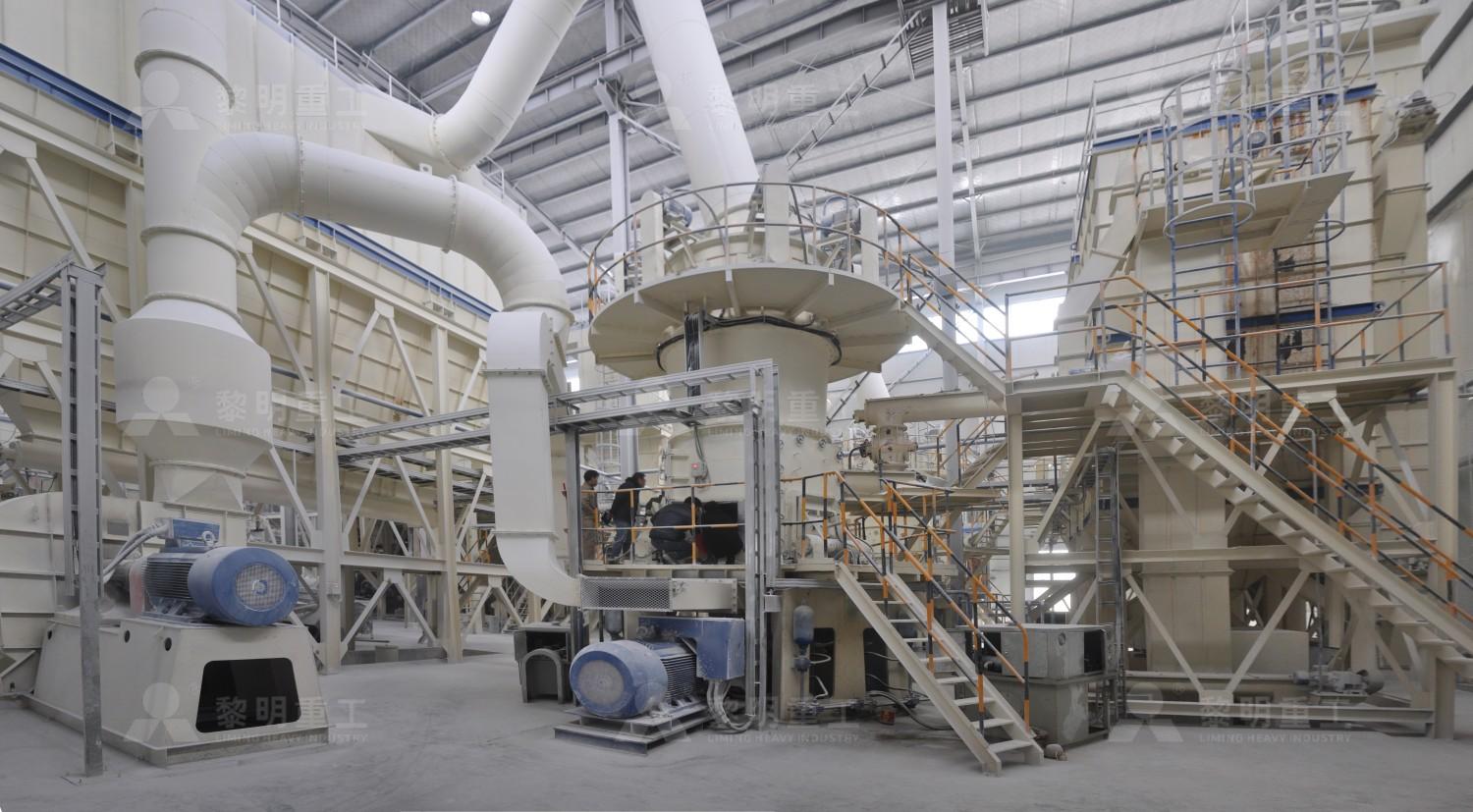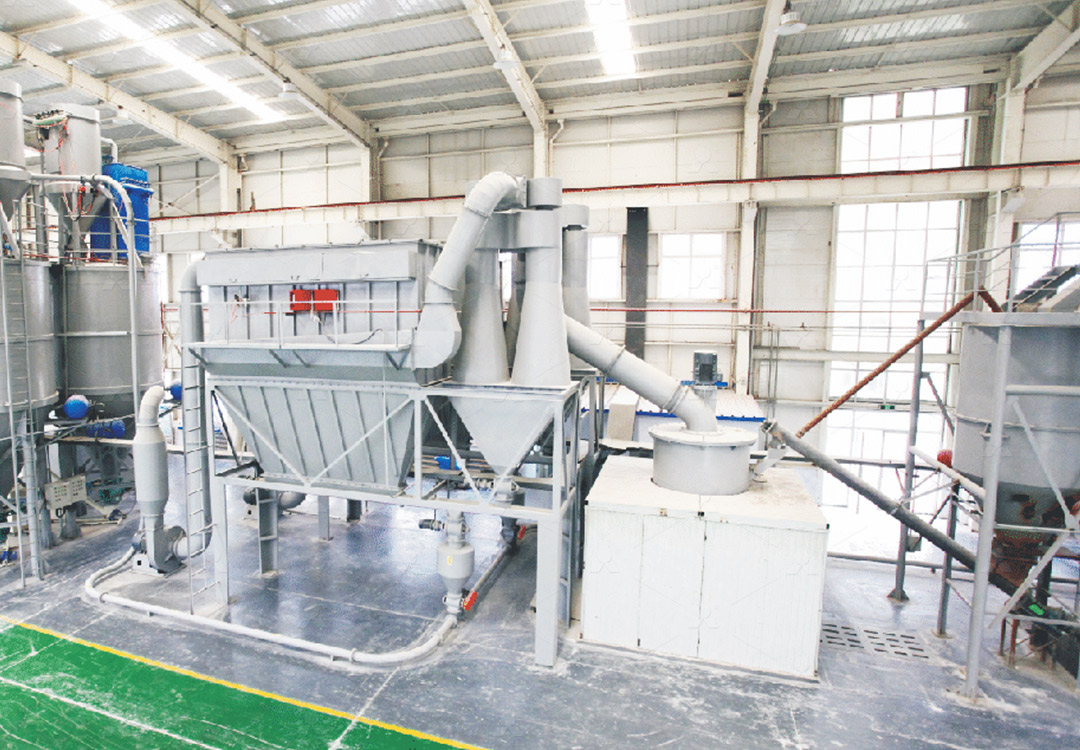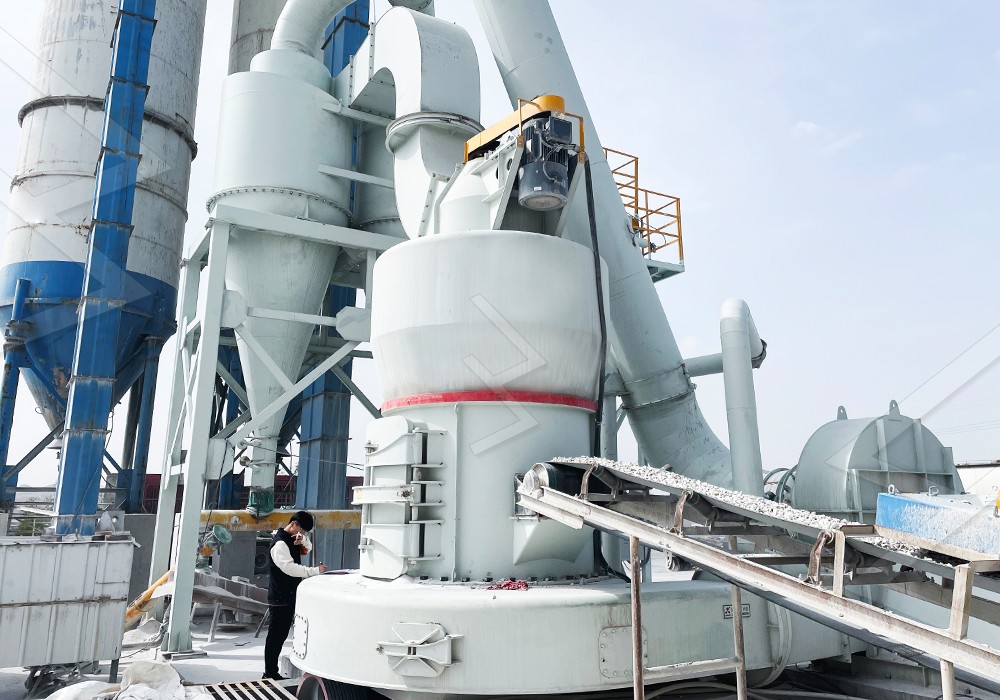Coal Ash Processing and Utilization with Vertical Roller Mill
Transforming Industrial Byproducts into Valuable Resources
The management and utilization of coal ash, a byproduct of coal combustion in thermal power plants, has become a critical environmental and economic consideration worldwide. With millions of tons generated annually, finding efficient processing methods is essential for sustainable industrial practices. Among the various technologies available, vertical roller mills have emerged as a superior solution for coal ash processing, offering significant advantages over traditional grinding systems.

The Challenge of Coal Ash Management
Coal ash presents unique processing challenges due to its variable composition, abrasive nature, and environmental considerations. Traditional ball mills often struggle with efficiency and energy consumption when processing this material. The irregular particle size distribution and moisture content further complicate the grinding process, requiring equipment that can handle these variations while maintaining consistent output quality.
Vertical Roller Mill Technology: A Game Changer
Vertical roller mills have revolutionized coal ash processing through their innovative design and operational efficiency. Unlike conventional grinding systems, these mills employ a bed compression grinding principle where material is ground between a rotating table and grinding rollers. This method significantly reduces energy consumption while improving product quality.
For operations requiring ultra-fine processing of coal ash, our MW Ultrafine Grinding Mill represents cutting-edge technology in this field. With an input size capability of 0-20 mm and capacity ranging from 0.5-25 tph, this machine is specifically engineered for customers needing to produce ultra-fine powder from various materials including coal ash. The integrated efficient pulse dust collector and muffler system ensures minimal environmental impact during operation, addressing both dust and noise pollution concerns effectively.

Key Advantages in Coal Ash Applications
The vertical roller mill design offers several distinct benefits for coal ash processing. The absence of rolling bearings and screws in the grinding chamber eliminates concerns about bearing damage or machine failure due to loose screws. This design feature significantly enhances operational reliability and reduces maintenance requirements.
Another critical advantage is the adjustable fineness capability, with the MW Ultrafine Grinding Mill offering precision control between 325-2500 meshes. The cage-type powder selector, incorporating German technology, ensures accurate powder separation, achieving screening rates of d97≤5μm in a single pass. This precision is particularly valuable for coal ash applications where consistent particle size distribution directly impacts the quality of downstream products.
Environmental and Economic Benefits
The environmental advantages of vertical roller mill technology extend beyond efficient dust collection. The significantly lower energy consumption – approximately 30% of jet grinding mill requirements – translates to reduced carbon emissions and operational costs. Furthermore, the system’s ability to process coal ash into valuable materials for construction, cement production, and other industrial applications contributes to circular economy principles.
For larger scale operations or when processing coal ash alongside other materials, our LM Vertical Grinding Mill provides an excellent alternative. With its impressive input size capability of 0-70 mm and capacity ranging from 3-340 tph, this system integrates crushing, drying, grinding, classifying and conveying in a single compact unit, reducing the overall footprint by approximately 50% compared to traditional ball mill systems.

Applications of Processed Coal Ash
Properly processed coal ash finds applications across multiple industries. In construction, it serves as a valuable pozzolanic material in concrete production, enhancing durability and reducing cement requirements. The processed material also finds use in road base construction, soil stabilization, and as filler in various products. The consistent quality achieved through vertical roller mill processing ensures reliable performance in these diverse applications.
Frequently Asked Questions
What makes vertical roller mills more suitable for coal ash processing than traditional ball mills?
Vertical roller mills offer significantly higher energy efficiency, typically 30-40% lower energy consumption compared to ball mills. They also provide better drying capacity, more precise particle size control, and require less floor space. The grinding mechanism in vertical mills causes less wear on components when processing abrasive materials like coal ash.
Can the same equipment process different types of coal ash?
Yes, both the MW Ultrafine Grinding Mill and LM Vertical Grinding Mill are designed to handle various types of coal ash, including fly ash and bottom ash. The adjustable operational parameters allow optimization for different ash characteristics and desired final product specifications.
What environmental controls are integrated into these grinding systems?
Our mills incorporate multiple environmental protection features including efficient pulse dust collectors that eliminate dust pollution, mufflers and noise elimination rooms to reduce operational noise, and fully sealed systems that operate under negative pressure to prevent material leakage. The entire production process complies with national environmental protection standards.
How does the maintenance requirement compare to other grinding systems?
Vertical roller mills generally require less maintenance than traditional systems. The absence of rolling bearings and screws in the grinding chamber of the MW Ultrafine Grinding Mill eliminates common failure points. Additionally, the external lubrication system allows maintenance without shutdown, supporting continuous 24-hour operation.
What particle size range can be achieved with these mills?
The MW Ultrafine Grinding Mill can produce powders with fineness between 325-2500 meshes, with the capability to achieve d97≤5μm in a single pass. This range covers most applications for processed coal ash, from concrete additives to specialized industrial fillers.
